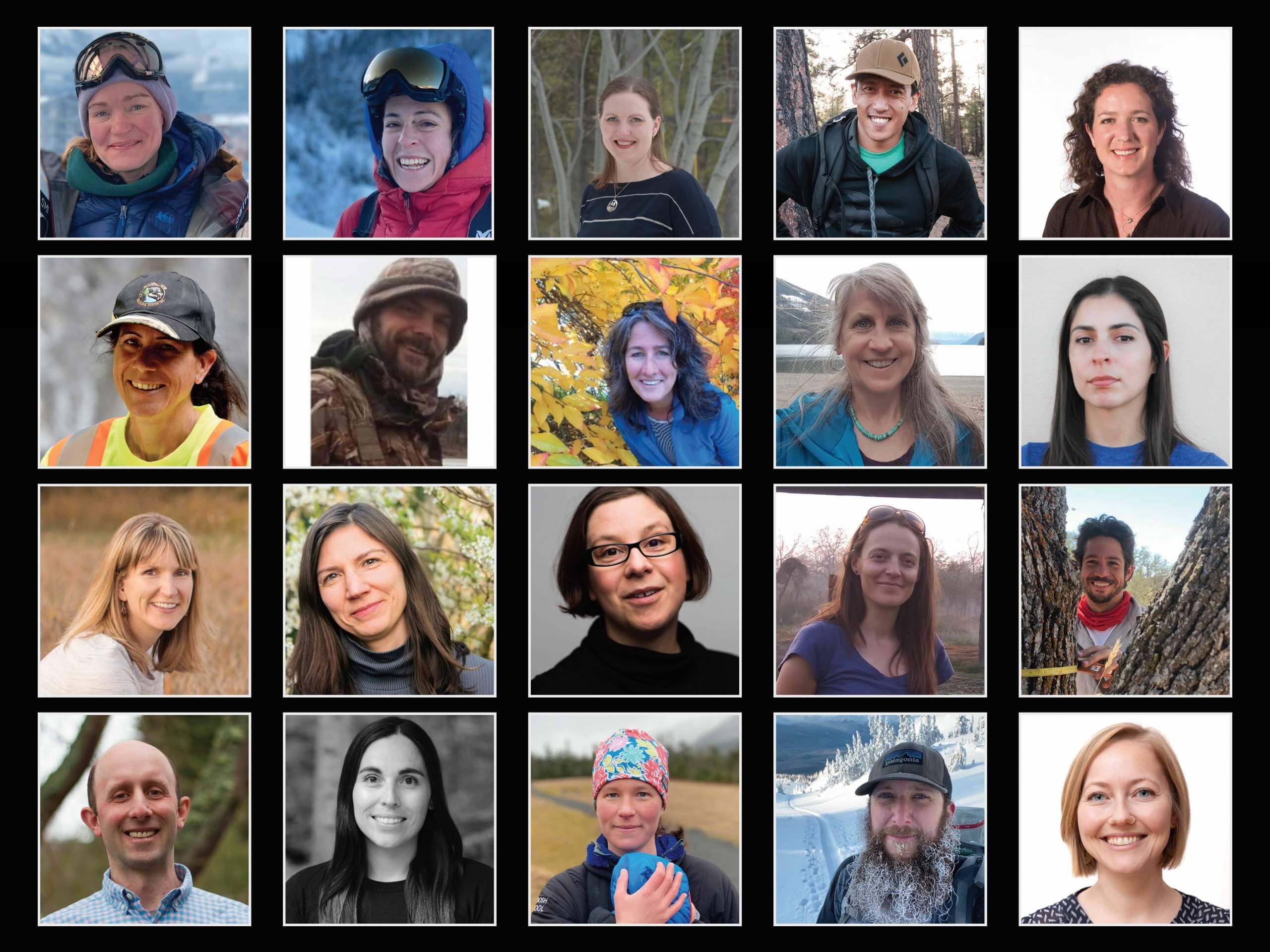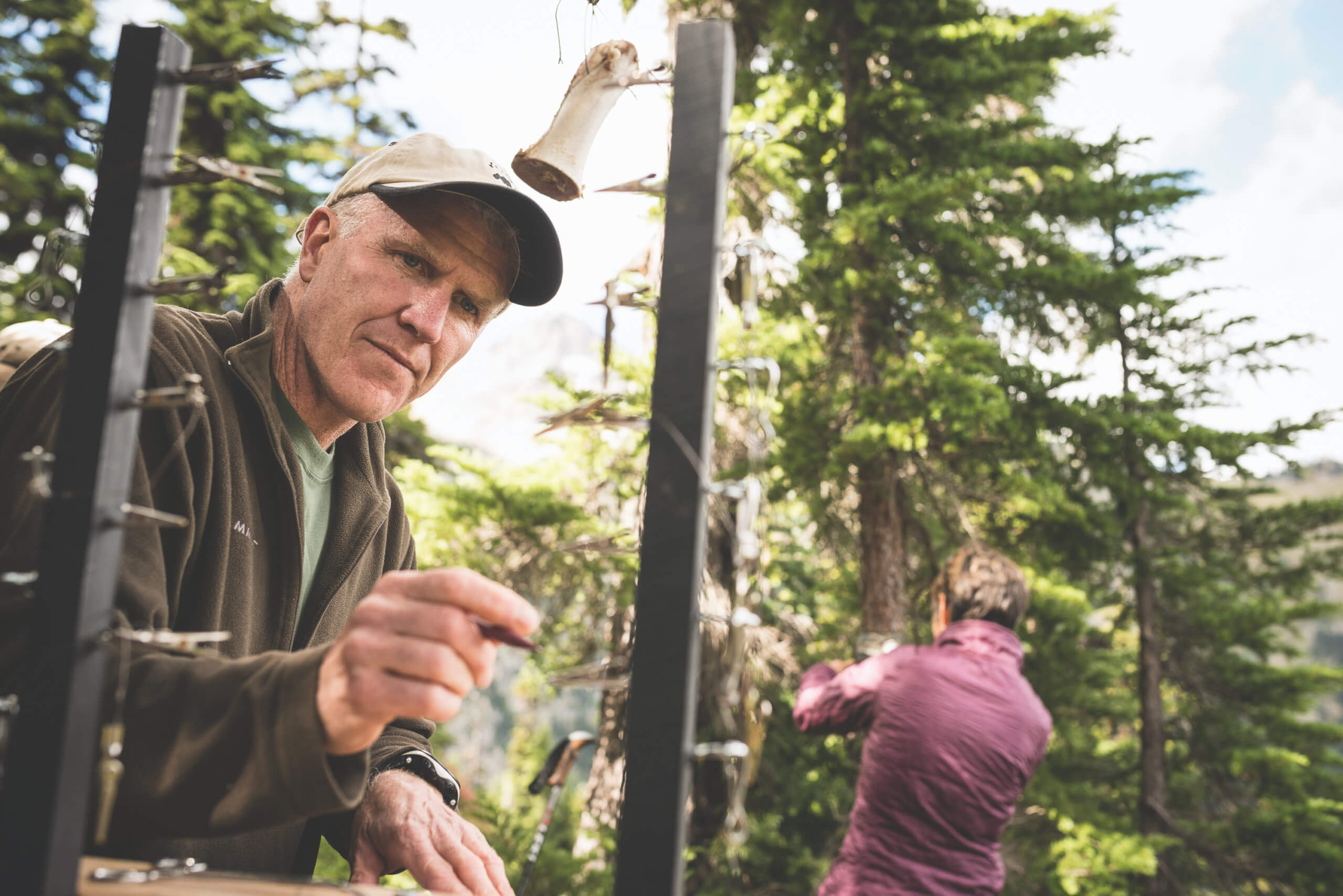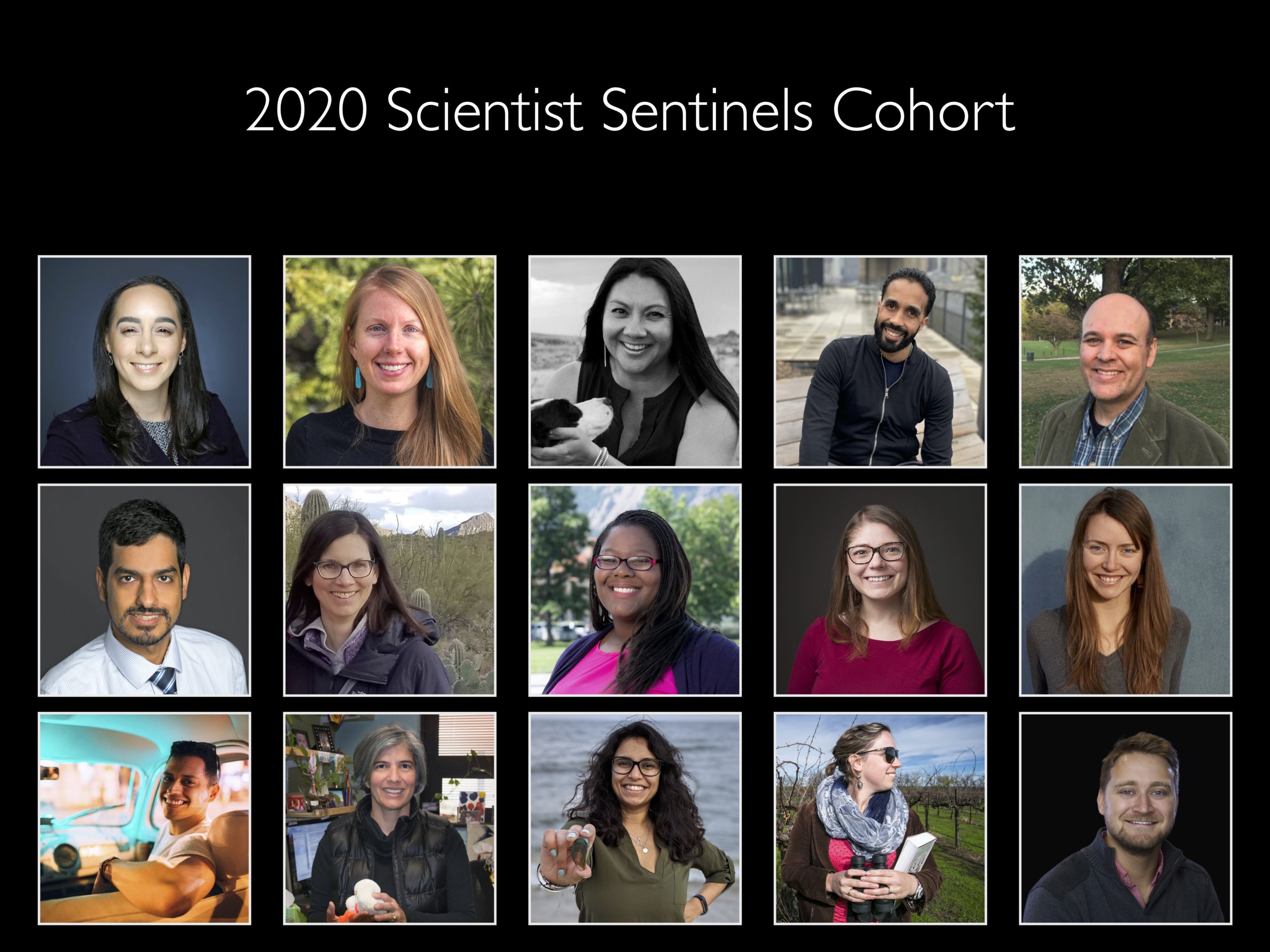COMPASS and Wilburforce Foundation are thrilled to announce the 2021 cohort of Wilburforce Leaders in Conservation Science! This year-long program prepares scientists for meaningful change within themselves, their communities, and society. From the Arctic to northern Mexico, these twenty conservation scientists will support one another to bring their whole selves to their science and engagement, become more skillful and strategic communicators, and make progress toward their conservation goals through public engagement. Joining the vibrant, tight-knit network of past Wilburforce Fellows (here are the 2015 and 2017 cohorts), they’ll forge meaningful, lifelong relationships that support them to step into new roles and inspire their colleagues to re-imagine what it means to be a scientist. Through generous support from Wilburforce Foundation, this diverse network of scientists will spend the coming year growing as leaders who advance equitable, inclusive, and just solutions for western lands, wildlife, and people.
Chosen from an incredibly strong pool of over 100 applicants, this cohort spans many geographies, identities, affiliations, communities, and disciplines. They are bridge-builders — doing research that traverses Indigenous knowledge and western science, crosses geopolitical boundaries such as the southwestern borderlands between the US and Mexico, connects conservation across multiple taxa and landscape scales, and fosters coexistence between humans and wildlife in a rapidly changing world. Across their varied experiences and interests, these incredible humans share a spirit of generosity to support one another to be powerful agents of change and a passion for contributing to effective conservation solutions. We are delighted for the opportunity to support the newest cohort of Wilburforce Leaders on their leadership journeys. We encourage you to get to know them. Learn more about the cohort here.



